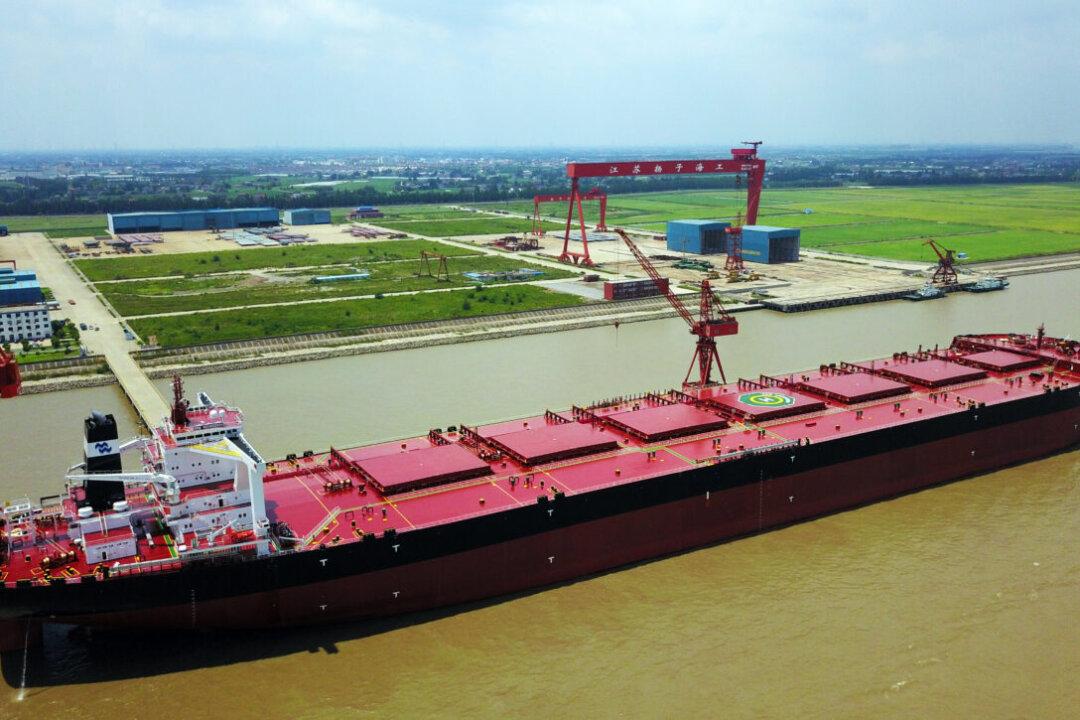News Analysis
China surpassed South Korea in receiving shipbuilding orders in 2021, ranking it first in the world. However, because most orders are for cheap container ships, coupled with soaring steel prices, profits in its shipbuilding industry dropped by at least 20 percent, industry insiders said.




